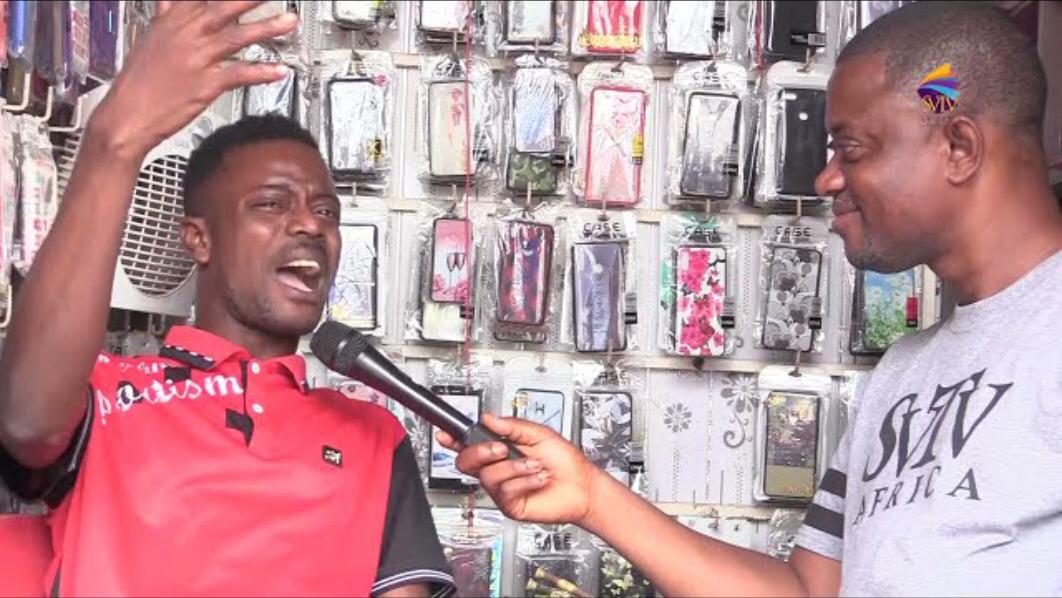Saddick, a Ghanaian businessman based in the United States, first appeared on SVTV Africa’s Daily Hustle Worldwide with DJ Nyaami while still in America, where he spoke about his plans to return home and start a business.
Now back in Ghana, he has fulfilled that promise and recently granted another interview on SVTV Africa’s Daily Hustle Ghana Edition. Sharing his experience, Saddick emphasized that one does not need to start life all over again abroad when there are viable opportunities back home.
“If you have about GH₵50,000 in Ghana, there’s no need to start afresh elsewhere. You can invest that money into a business and make it work,” he said. “For me, I’ve invested in my plumbing business and I’m planning to open a new branch in Cape Coast.”
Reflecting on his time abroad, Saddick explained that working in the U.S. is tough, especially for those who travel on visitor visas.
“I worked hard abroad. The system is designed to make it difficult for Black people to progress. But if a company hires you directly from Africa, your documents are properly filed, and that makes things easier. However, with a visitor visa, you can’t survive — especially in places like Canada, where even basic jobs are out of reach,” he noted.
He recalled working at a cold storage company, describing how he would still sweat despite the freezing environment — a testament to how demanding the job was.
“Before I traveled, my goal was to raise capital. Fortunately, I was lucky that a company brought me to the U.S. directly from Africa,” he said.
During his stay abroad, Saddick encountered an elderly couple — both undocumented and living in a small shelter — whose struggles left a lasting impression on him.
“They had no papers and were living in misery, just waiting for death,” he recounted sadly.
Back in Ghana, Saddick says he feels content with his decision to return.
“When you see me at Kantamanto, you wouldn’t even think I’ve ever lived abroad,” he laughed. “Someone once advised me to go to China, but I realized the prices of goods there are similar to Ghana’s. The Chinese even sold them to me at the same price.”













